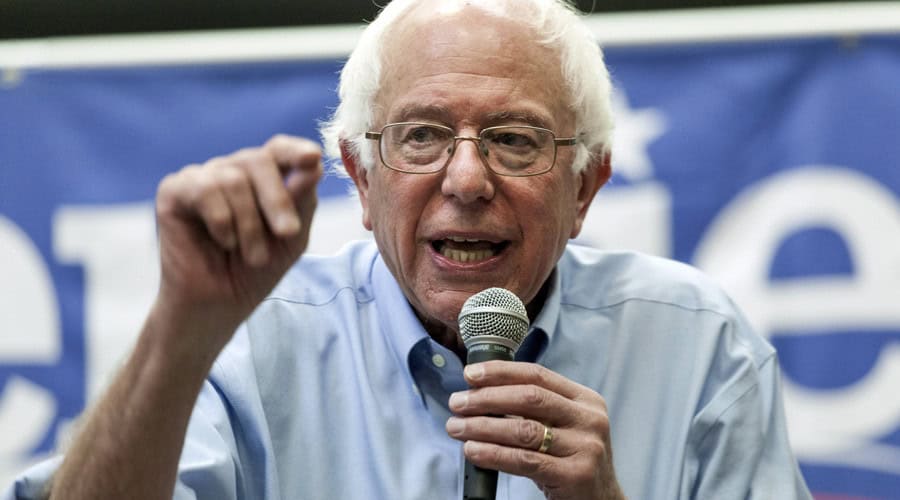Bernie Sanders is being outfitted with a following of Black supporters, activists, and leaders getting stronger and stronger with each passing second.
It was no more than 10 days ago that Hillary Clinton revealed a $125 billion plan to counter systemic racism and support poor, minority communities while speaking in Harlem. A shrewd and timely maneuver by the former Secretary of State, whose once secured victory in South Carolina is threatened by the growing popularity of Senator Sanders among Black voters as of late.
While Clinton stood in Harlem to deliver her new plan, Sanders spoke to a group of Black ministers in Charleston surrounding police reform and the broken criminal justice system. Two days later, he would continue his quest on assuring the Black vote by meeting with leaders of nine historic civil rights groups, addressing the needs of the African-American community.
It was only in November 2015 he trailed behind Clinton by 50 points in South Carolina, and by mid-February that gap was down to 24 points.
But, the question remains: will it be enough?
It was just yesterday [February 25, 2016] that election analyst Nate Silver gave Bernie a less than one percent chance of winning the Palmetto State.
But, there’s hope yet. A simple breakdown of the electoral process shows that winning a specific number of states isn’t as important as the accumulation of a specific number of delegates, and Sanders’s best shot would be to lose in a tighter gap.
According to Silver’s projections, if Clinton won South Carolina by 11 points, a tie would be inevitable if and only if Sanders tightened the gap of 24 points by another 13 points.
So, did Bernie Sanders begin pining for the Black vote too late?
It seems that Brett Dursey, director of South Carolina Progressive Network thinks so.
“If there were six months until the primary, I think Bernie could win,” Dursey stated.
Sanders’s campaign has managed to cover much ground in South Carolina as his camp has garnered the support of civil rights leaders and activists near and far, attracting the likes of former NAACP president Ben Jealous and Martese Chism, great-granddaughter of late Civil Rights leader Birdia Kegler, and a member of National Nurses United, the first major national union to endorse Sanders.
In the end, even if he does not win South Carolina, an accomplishment that seems a bit too far off now, Sanders has definitely demonstrated his capability in taking on Hillary Clinton in the race to come.
